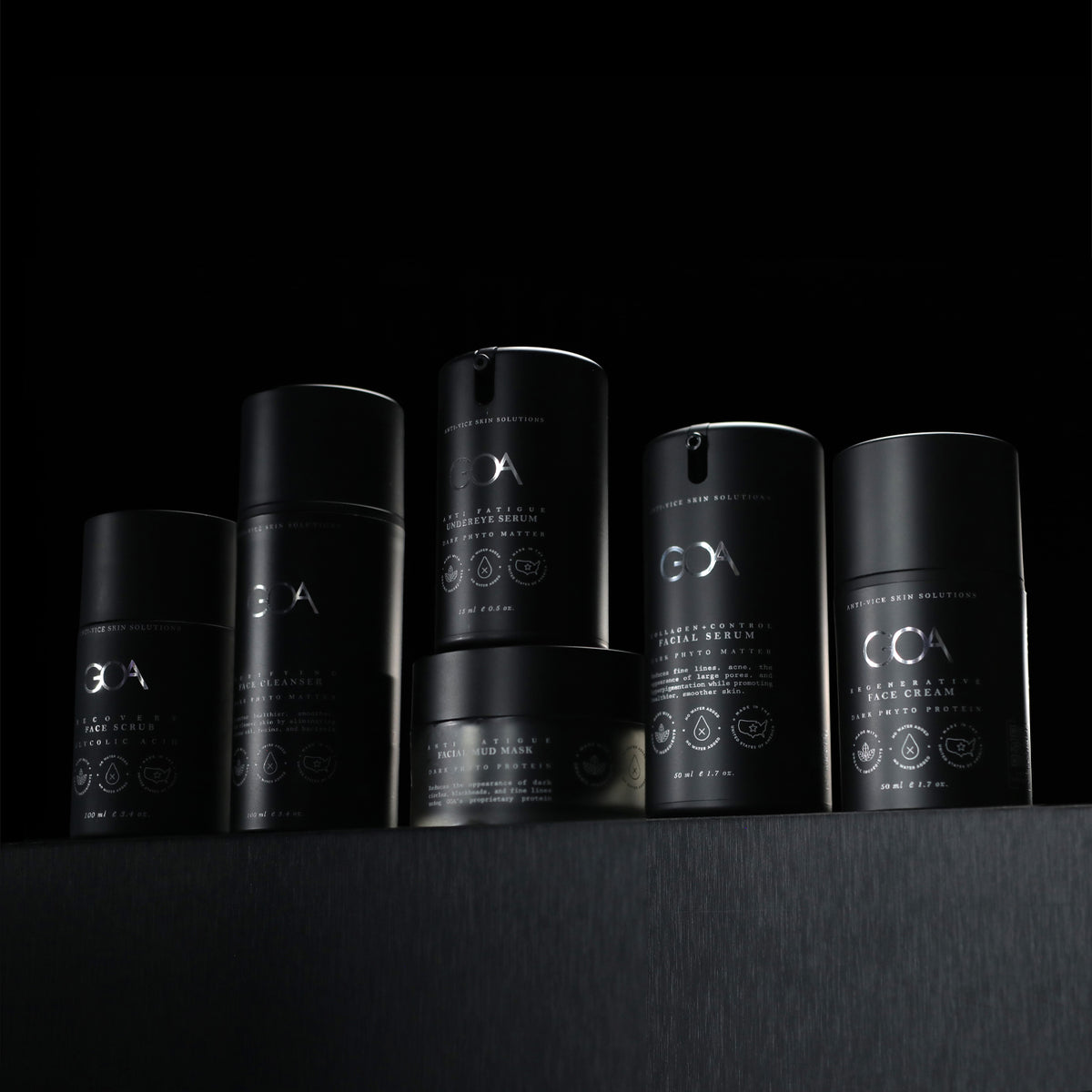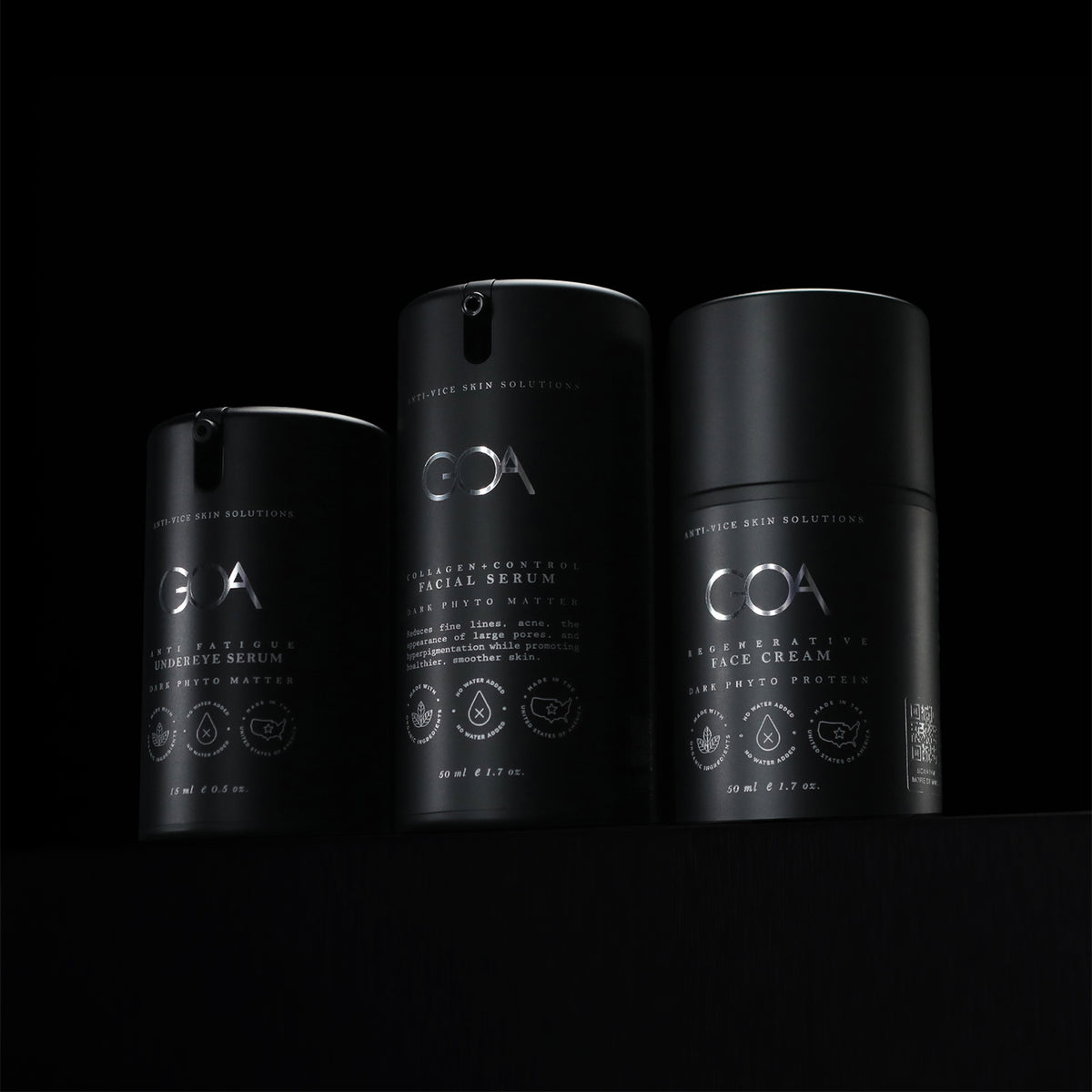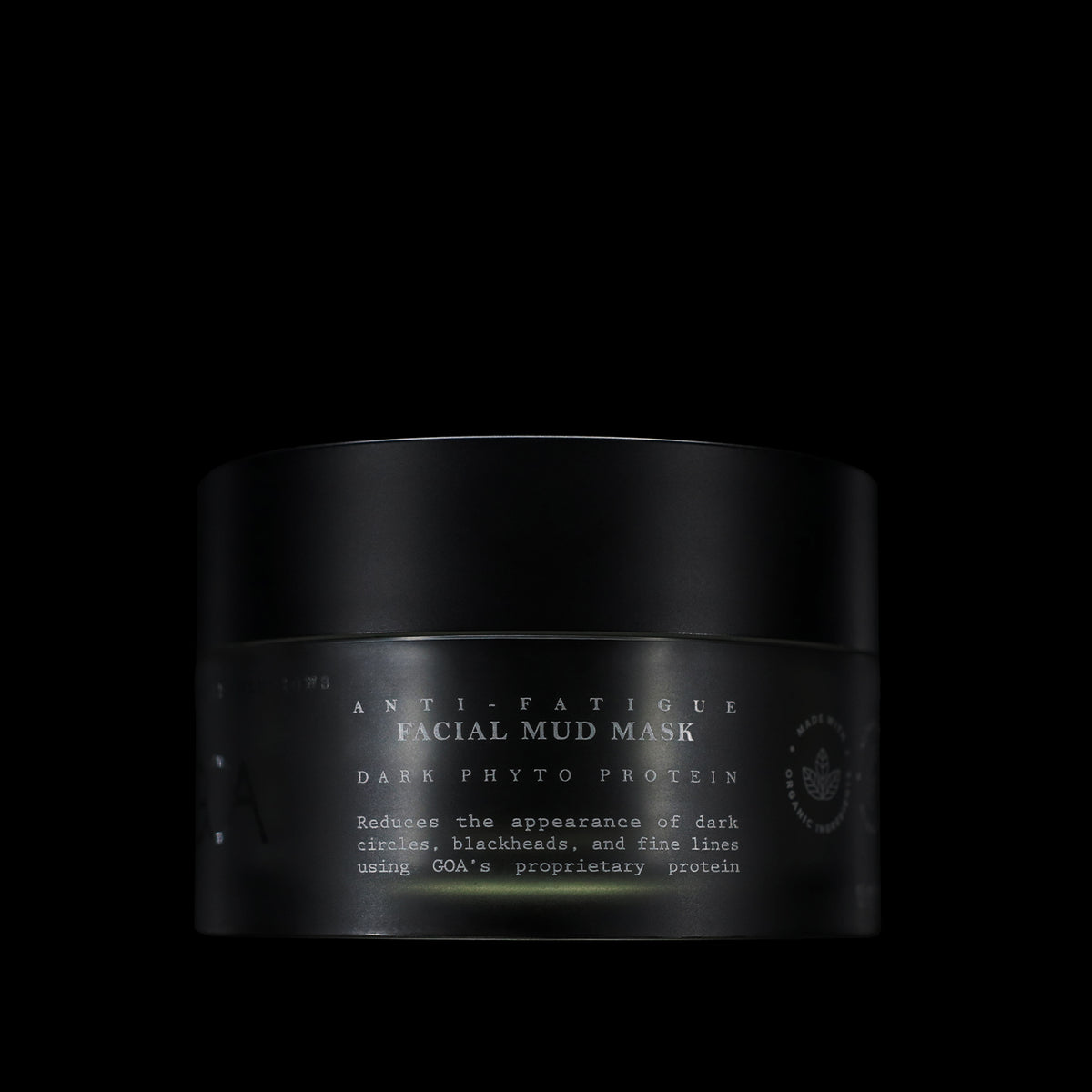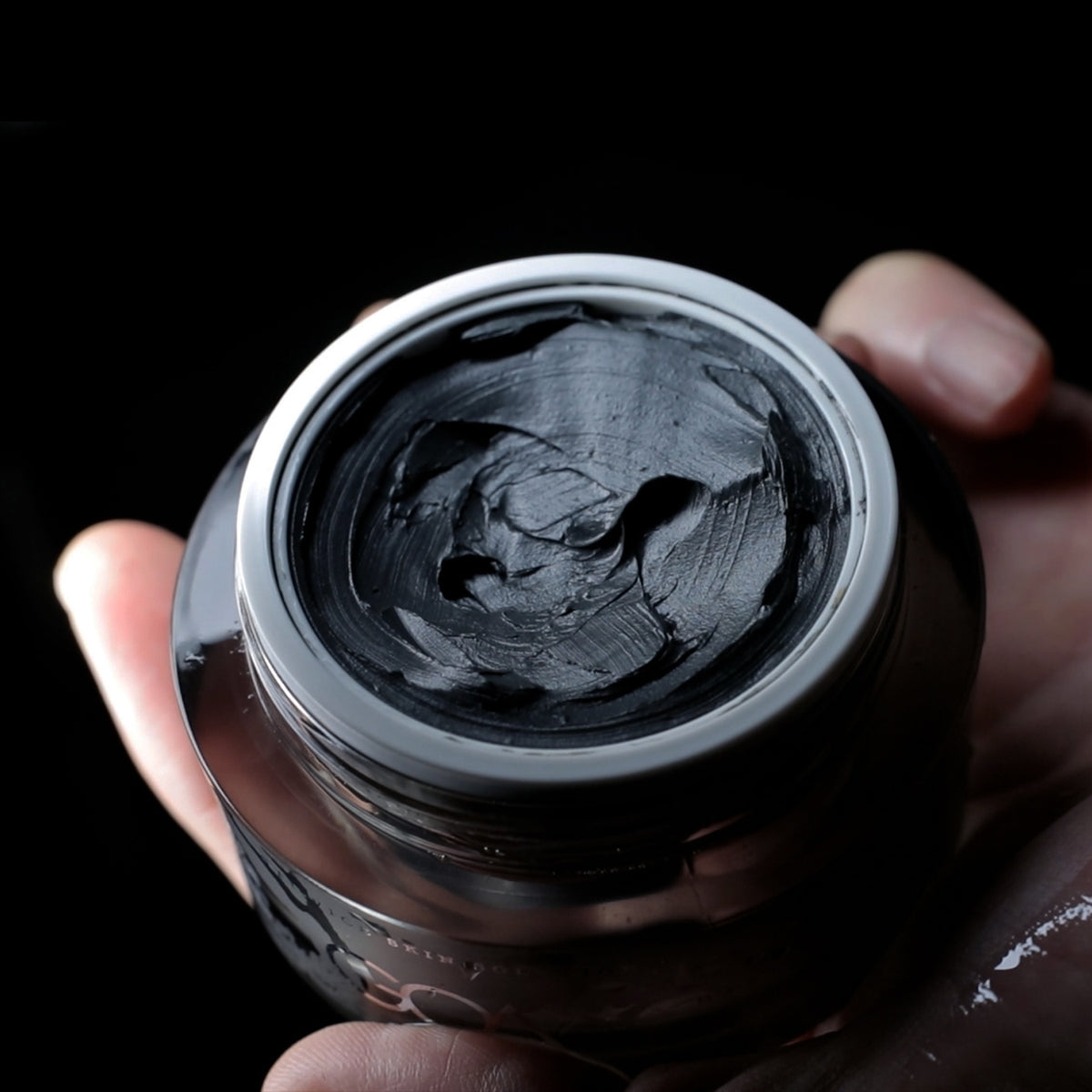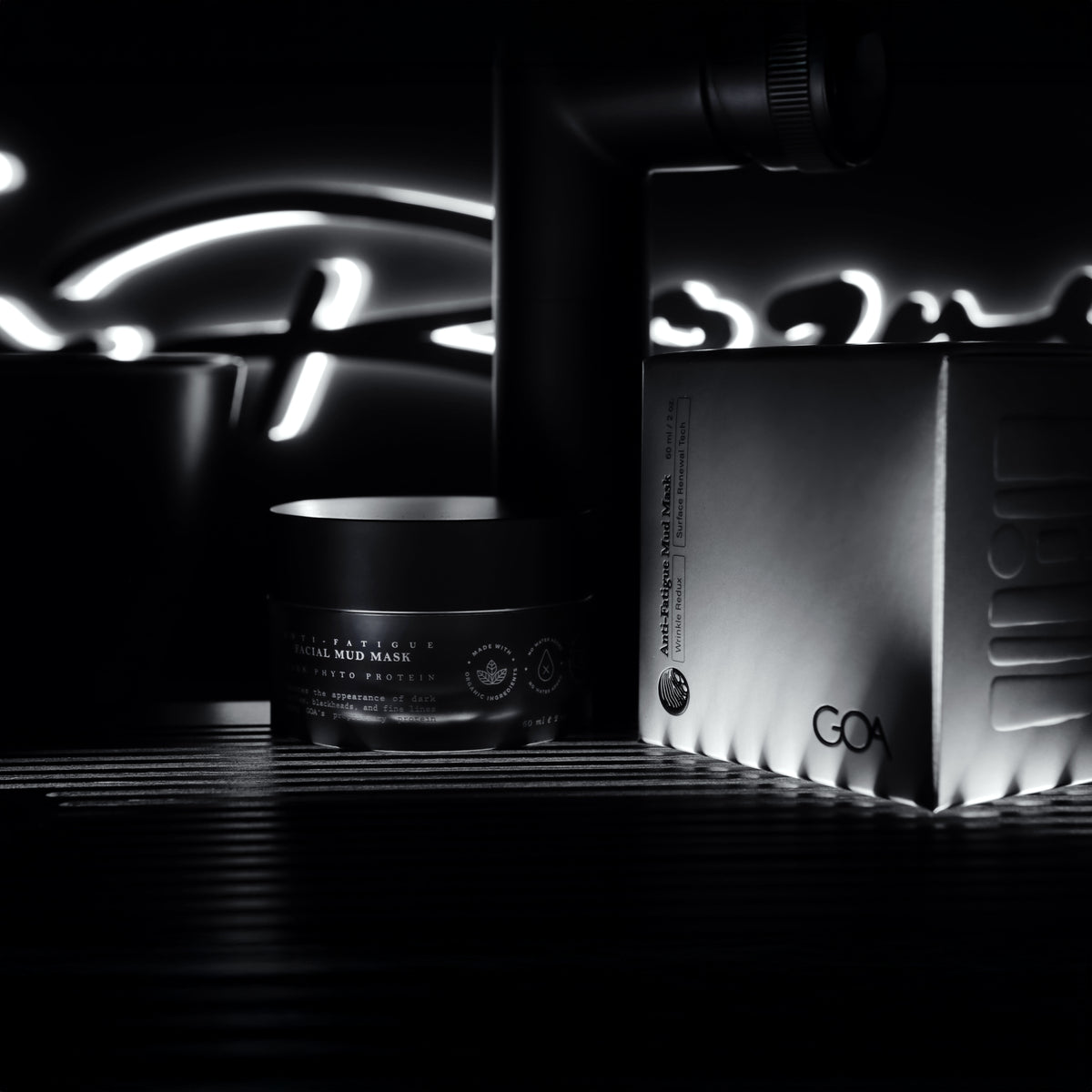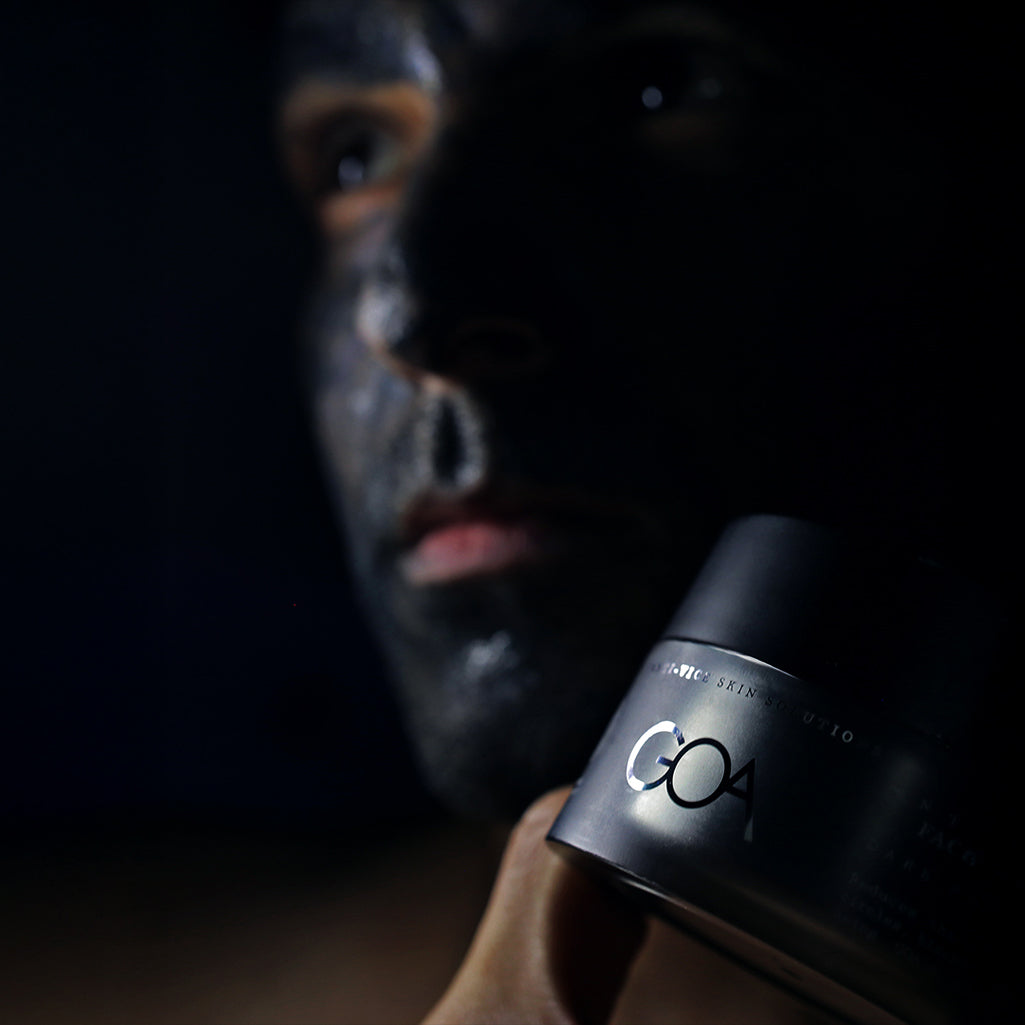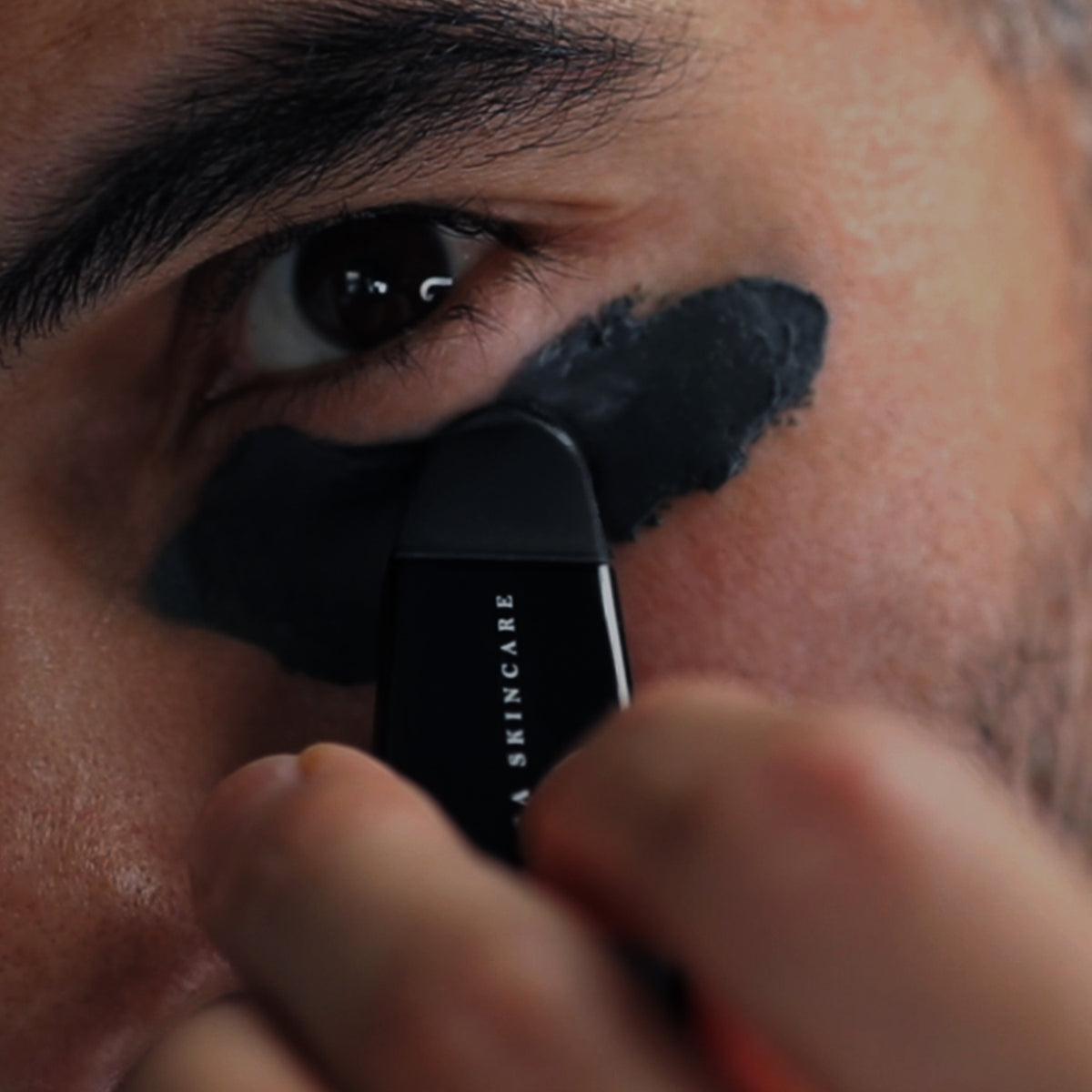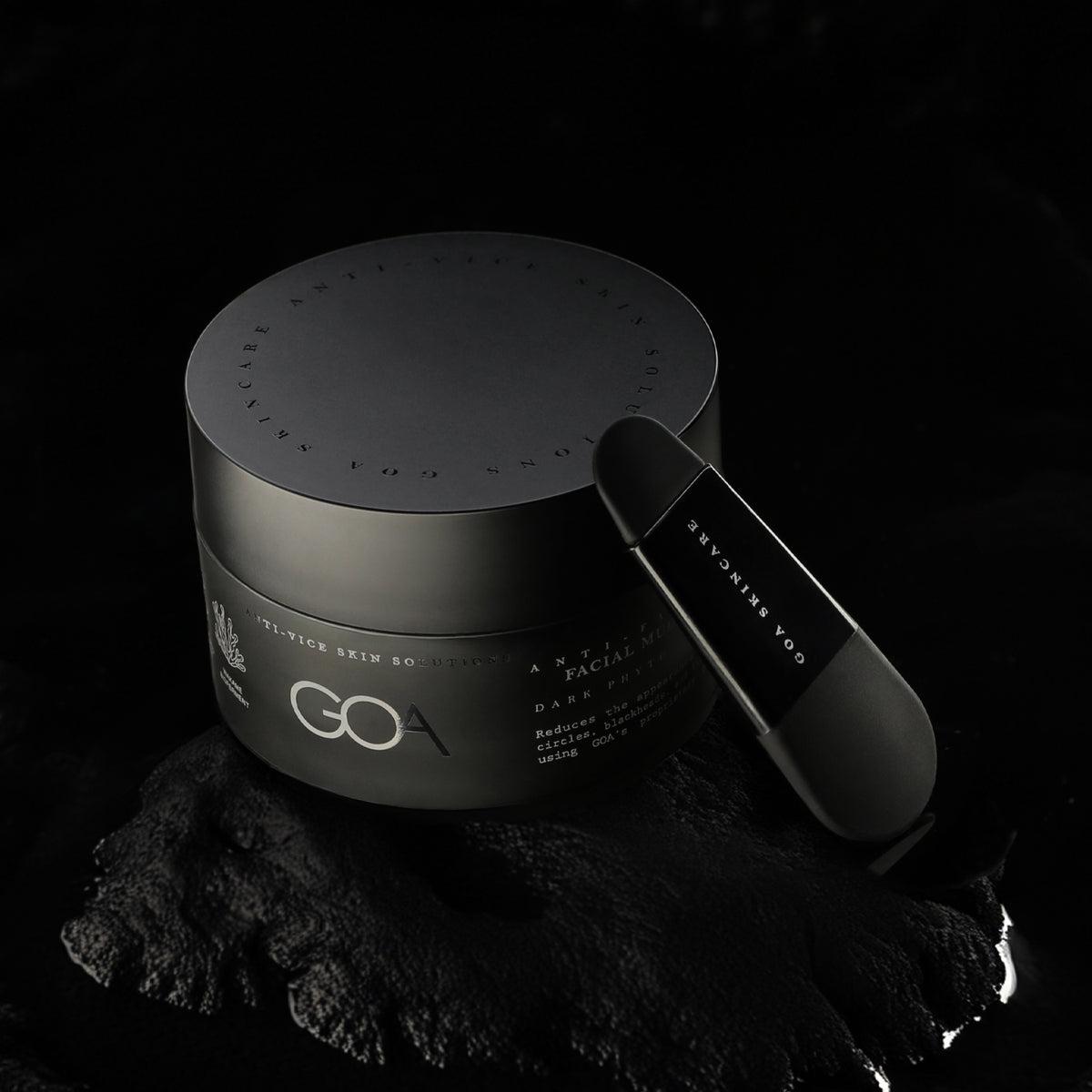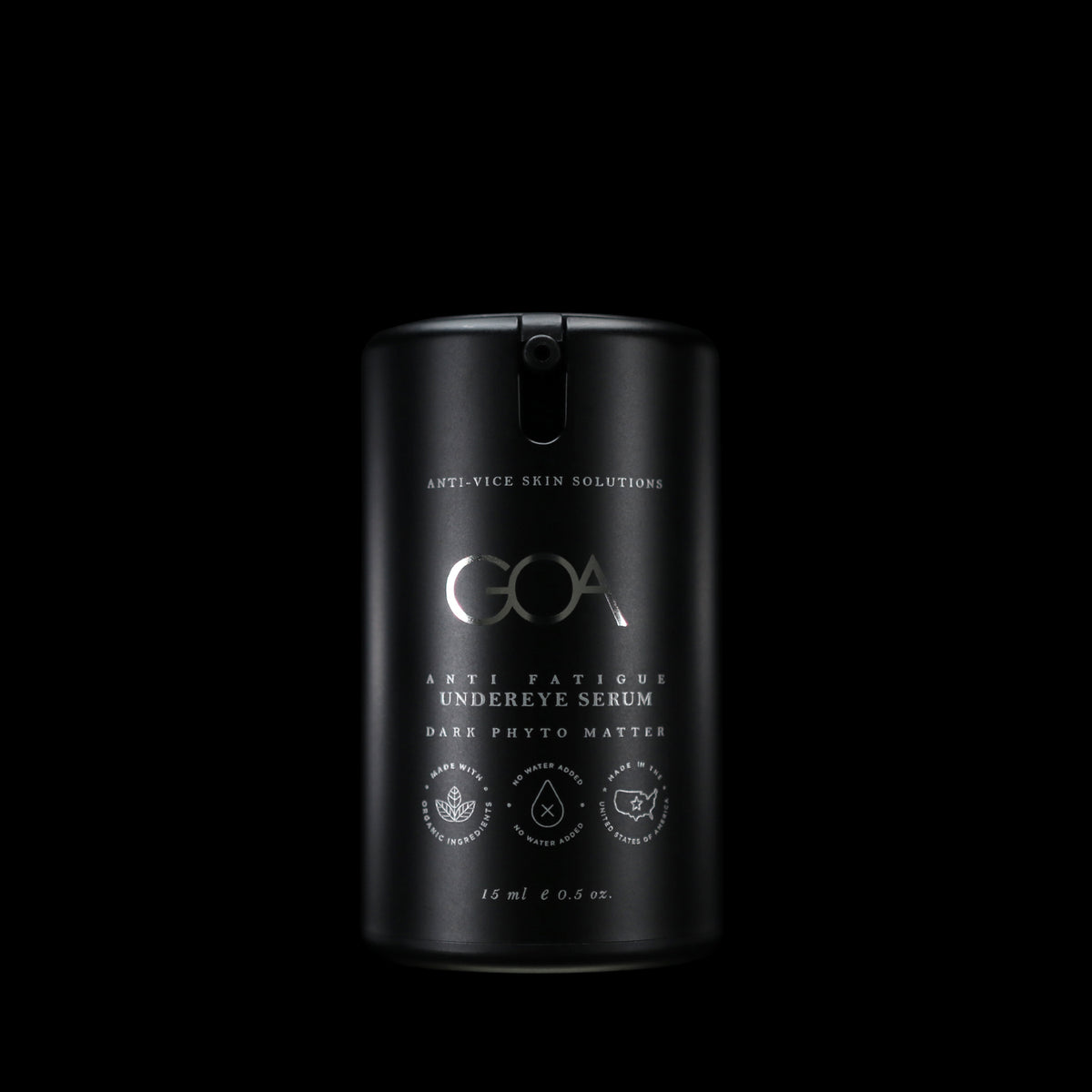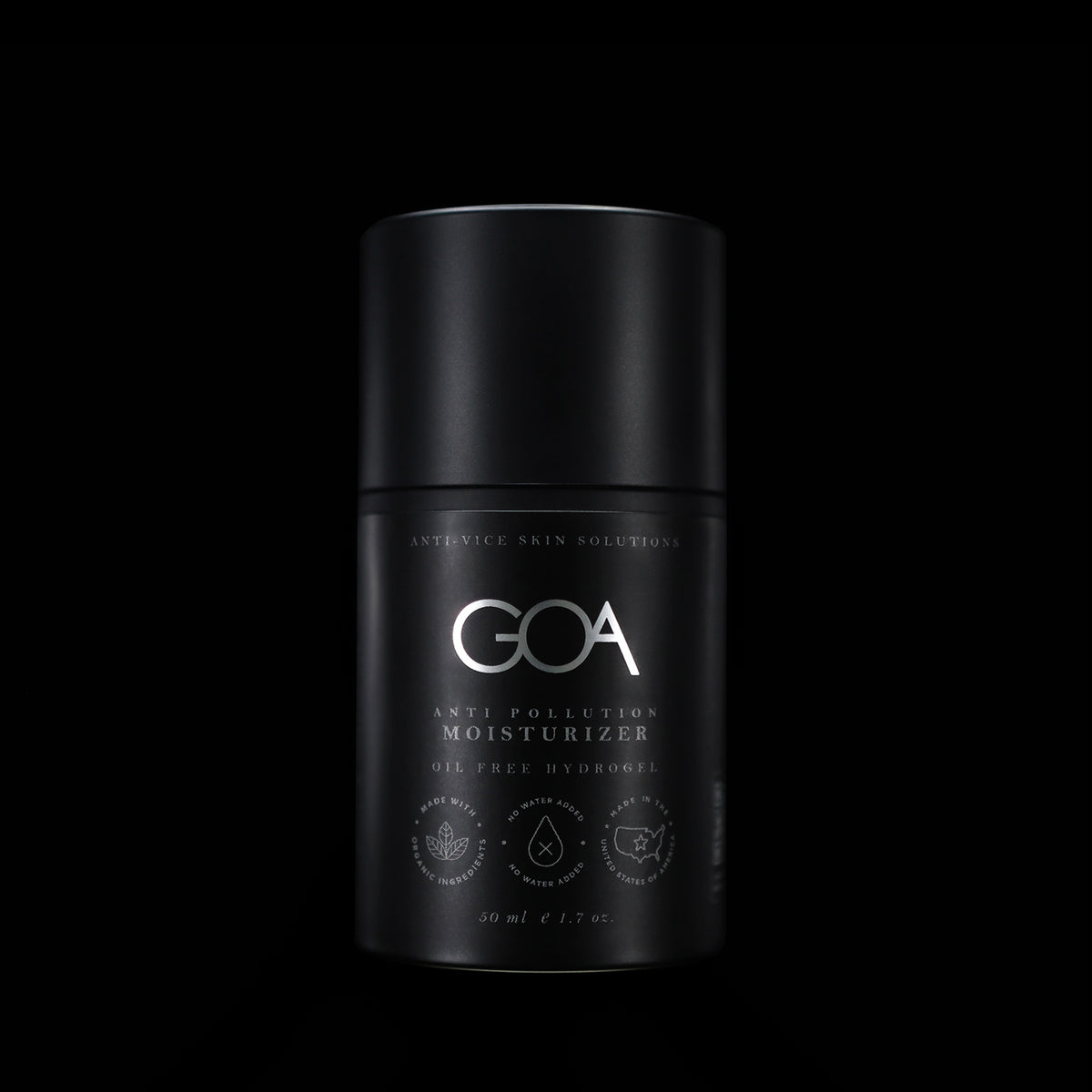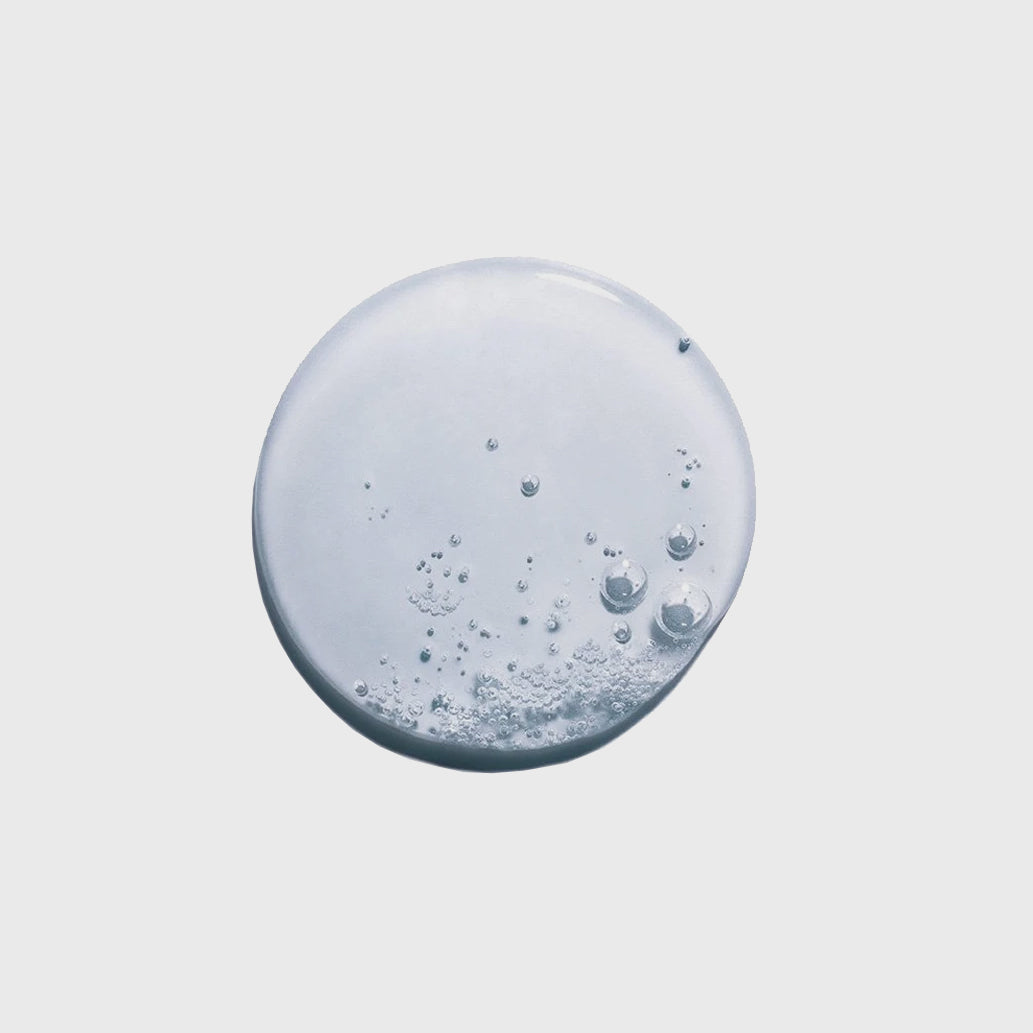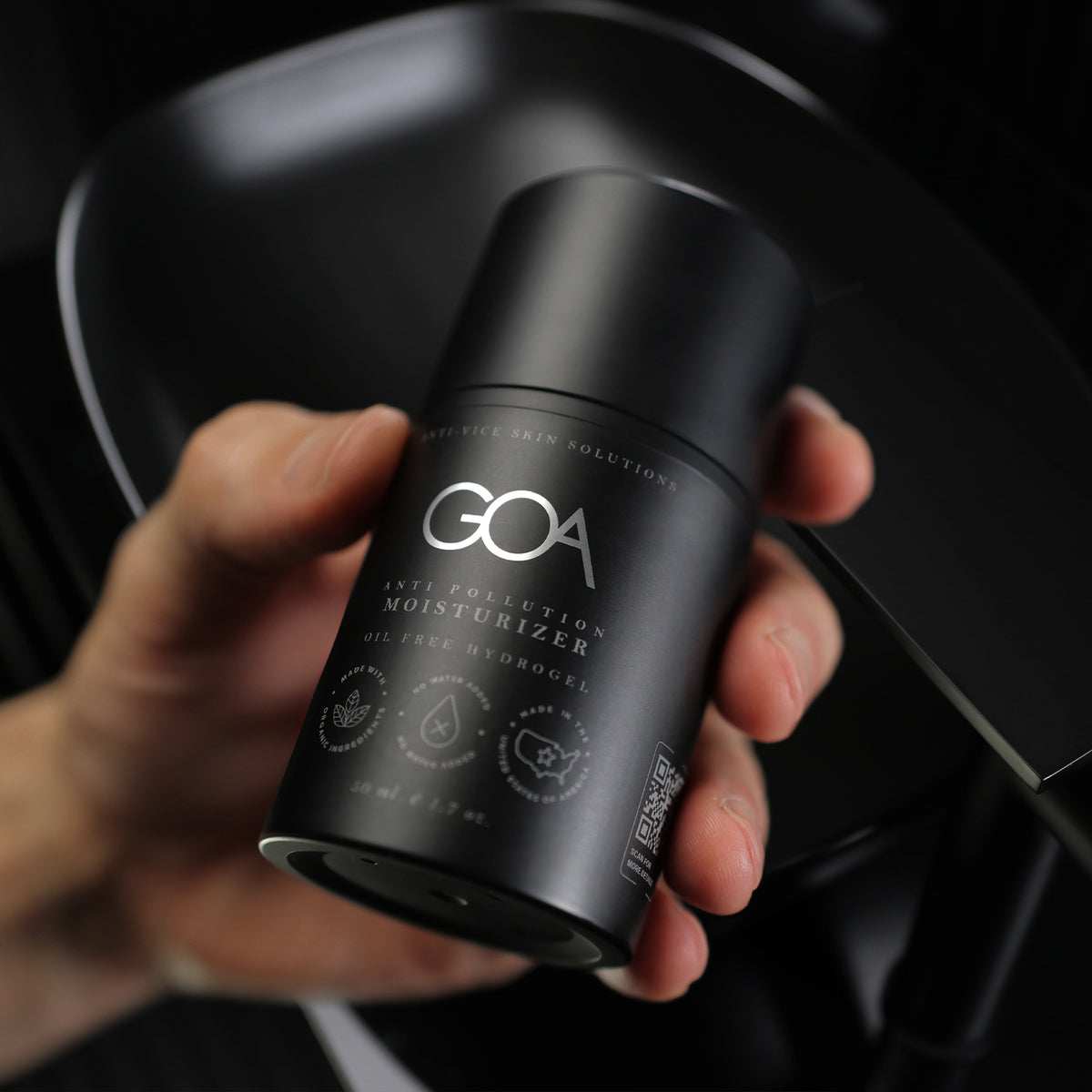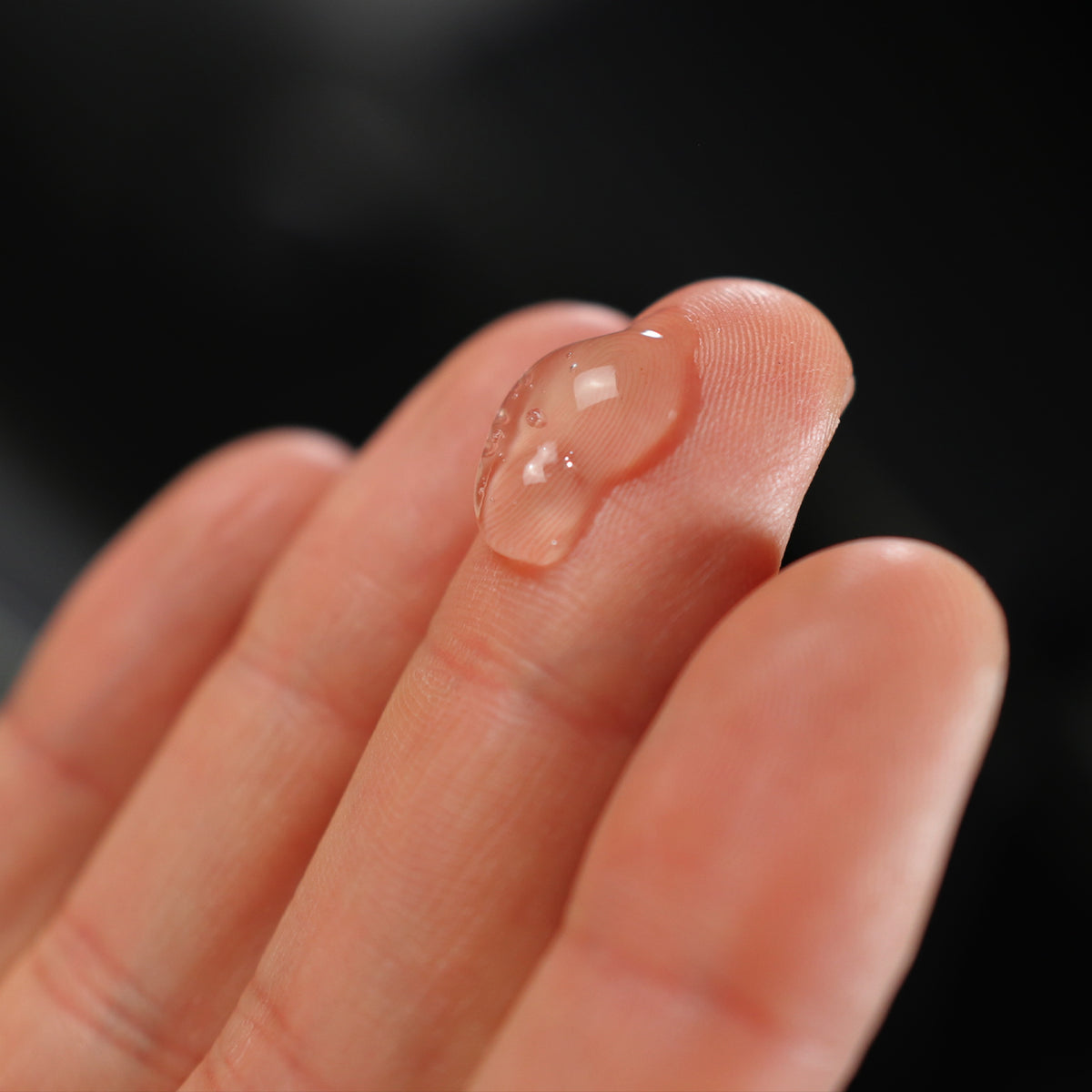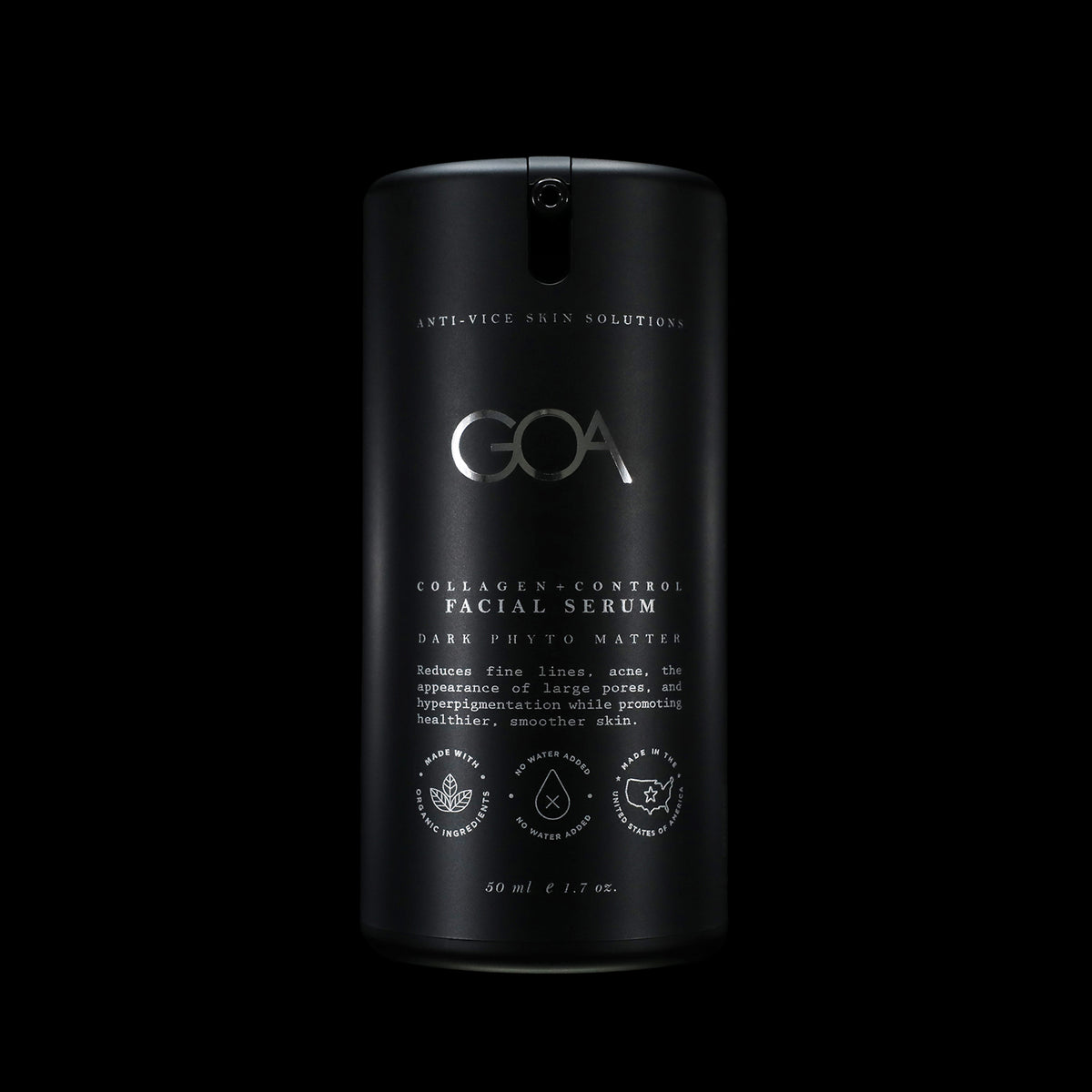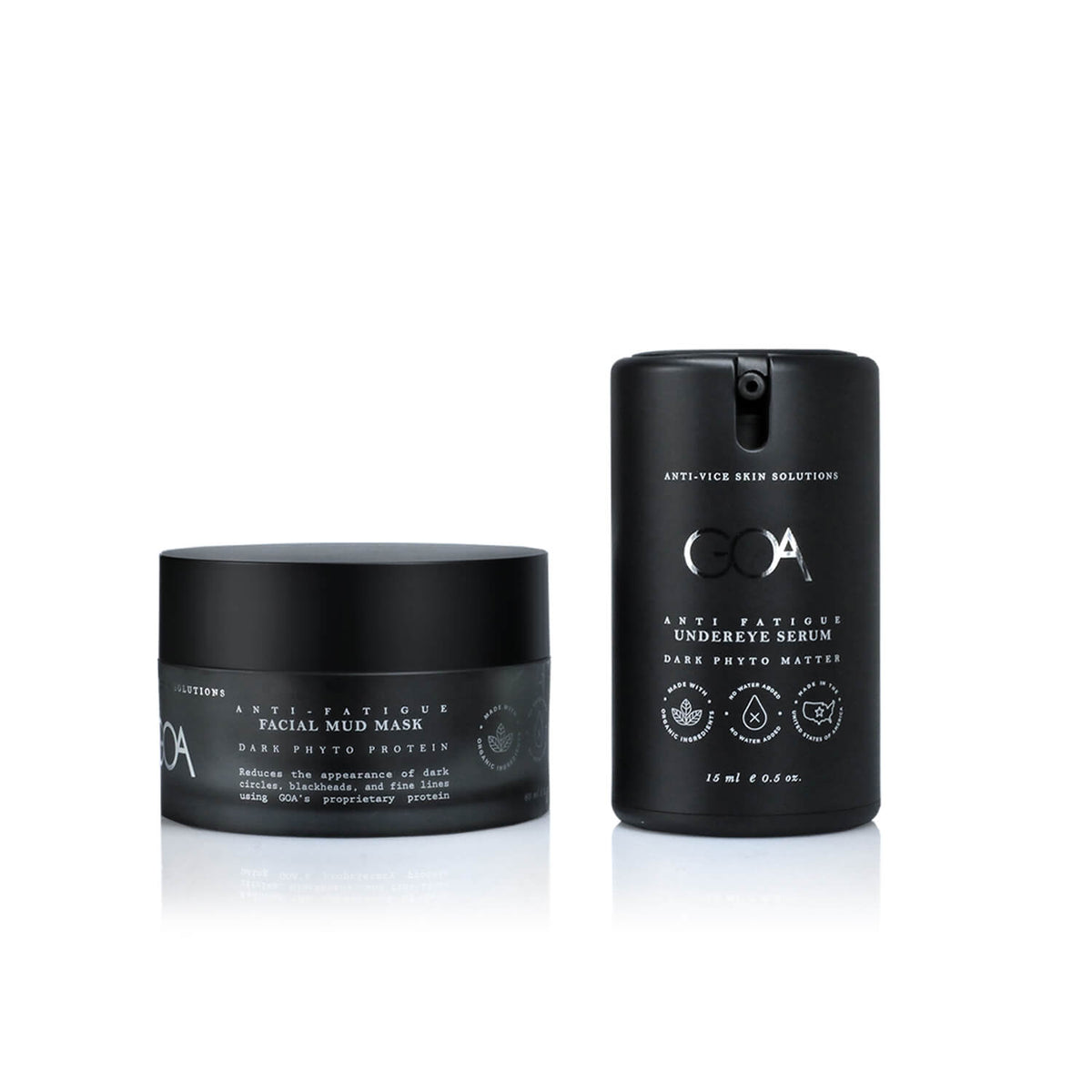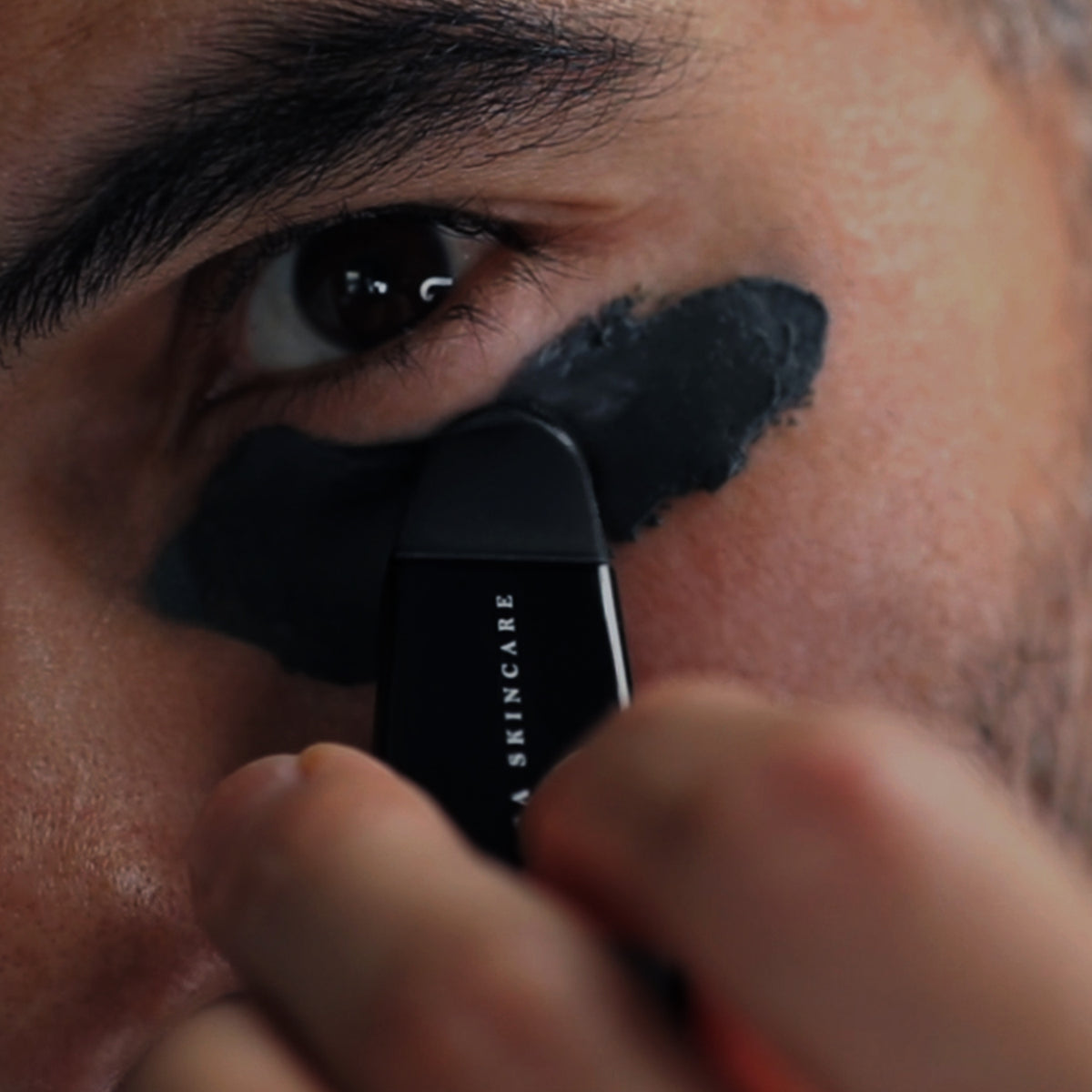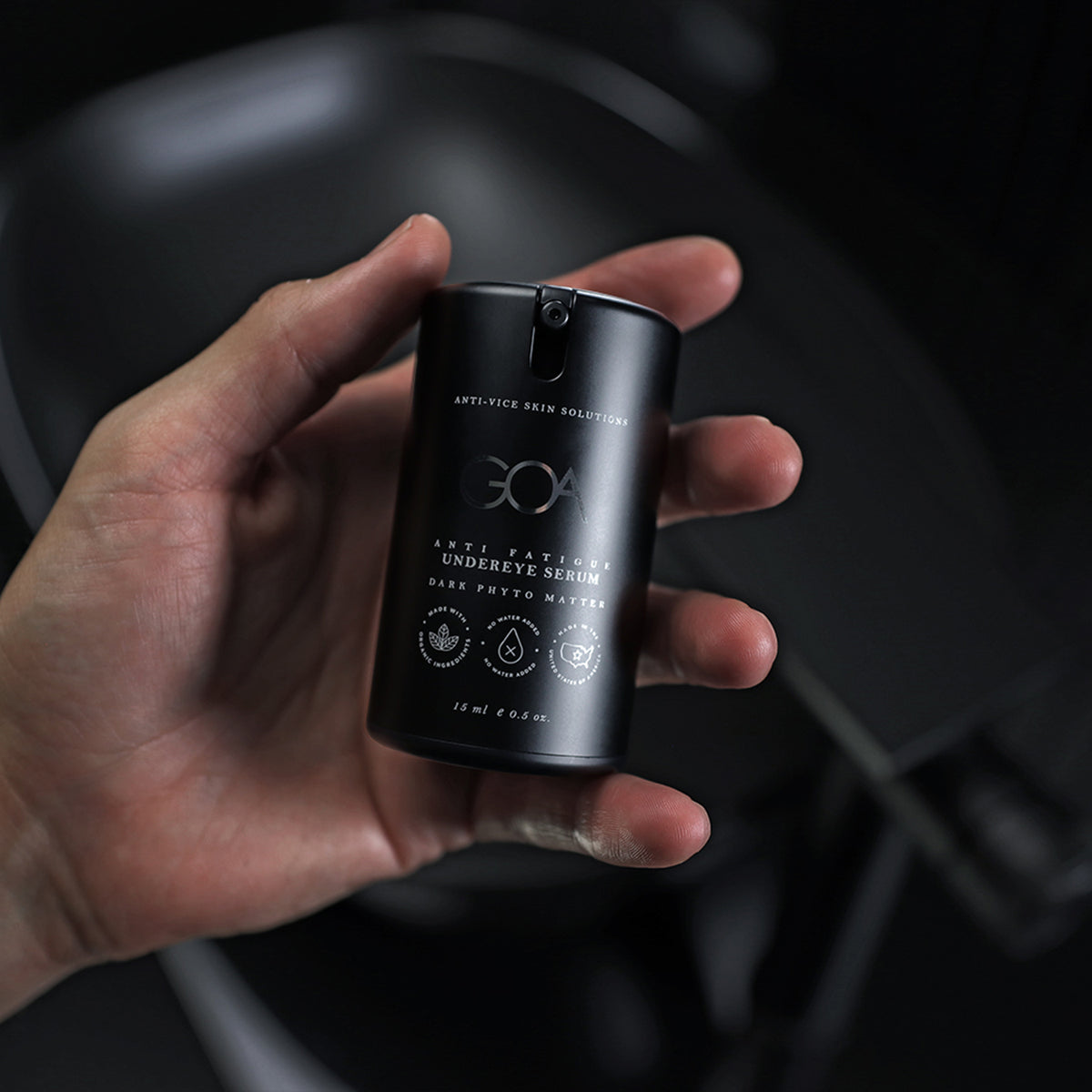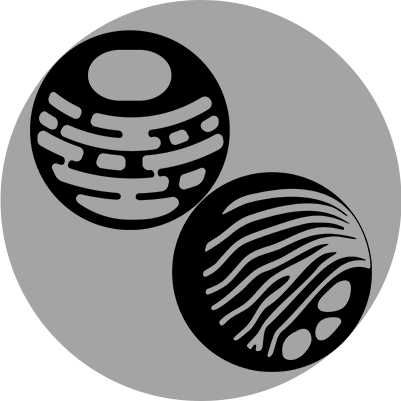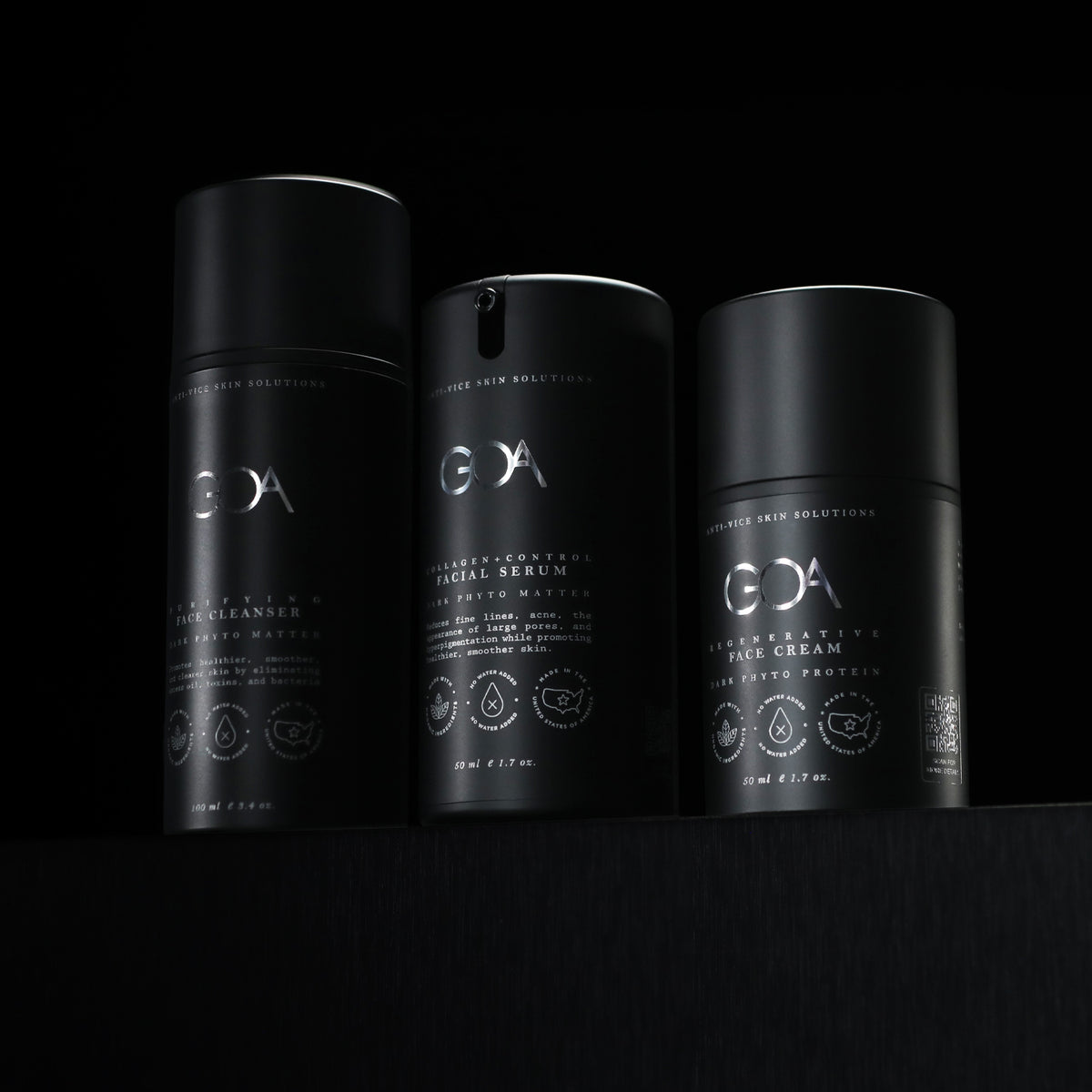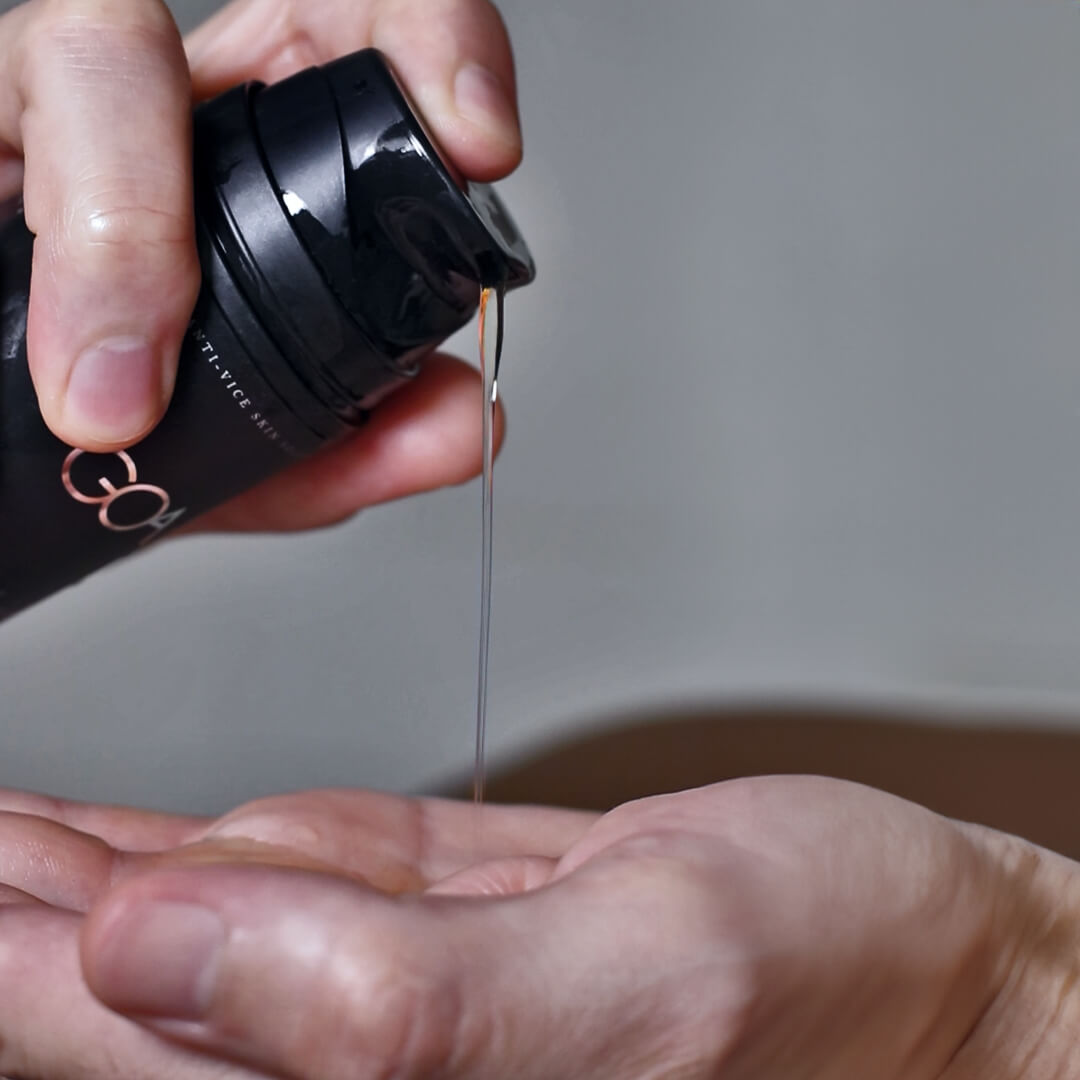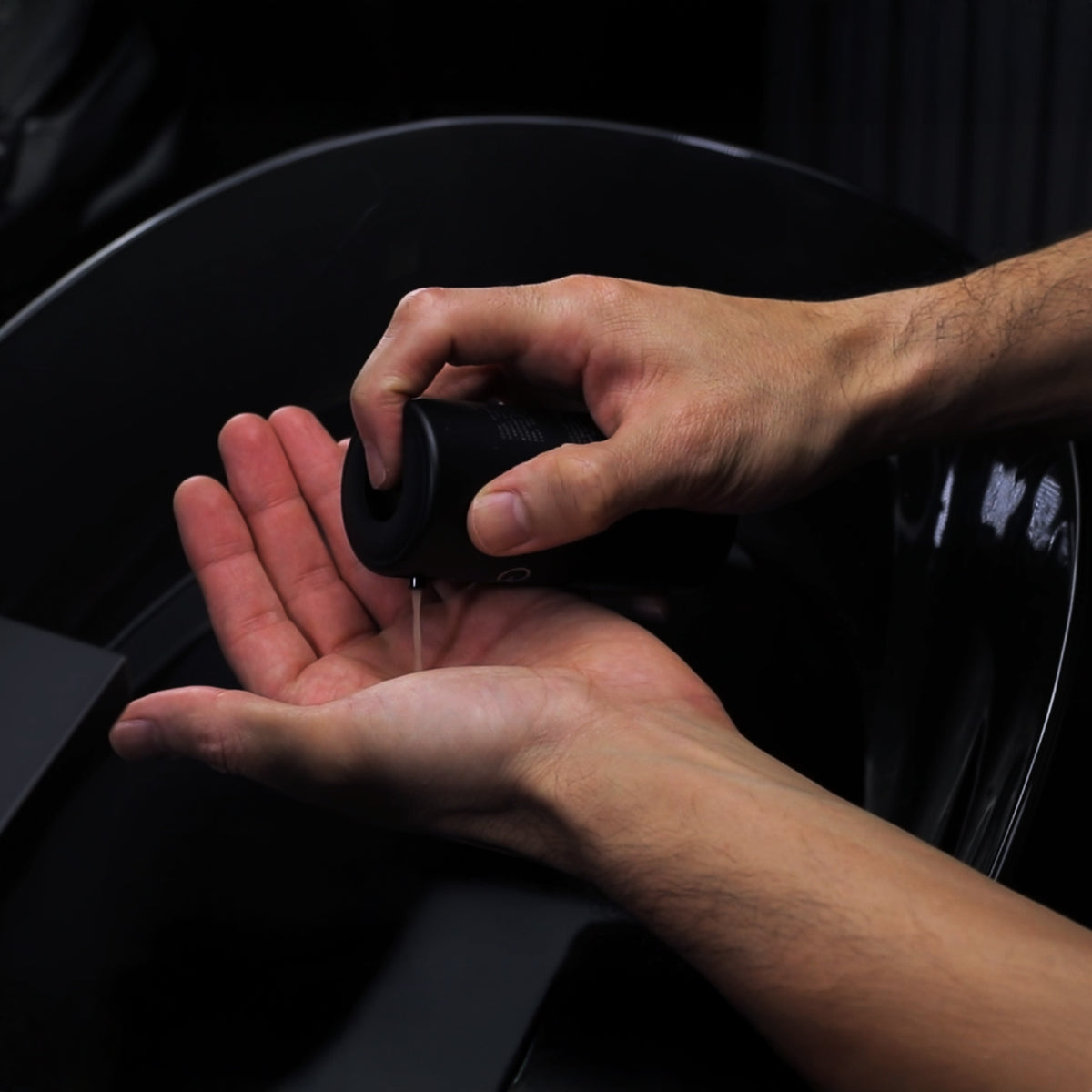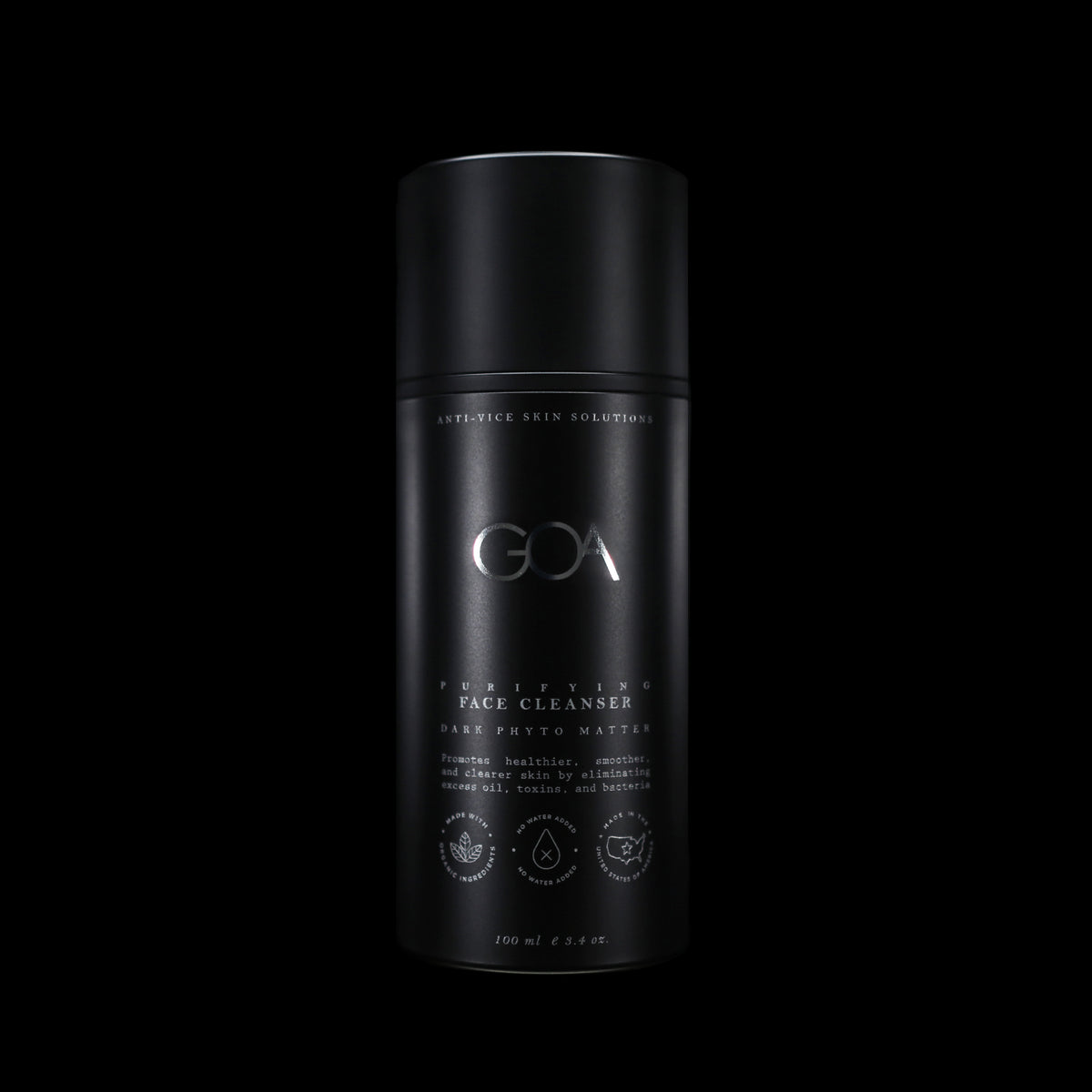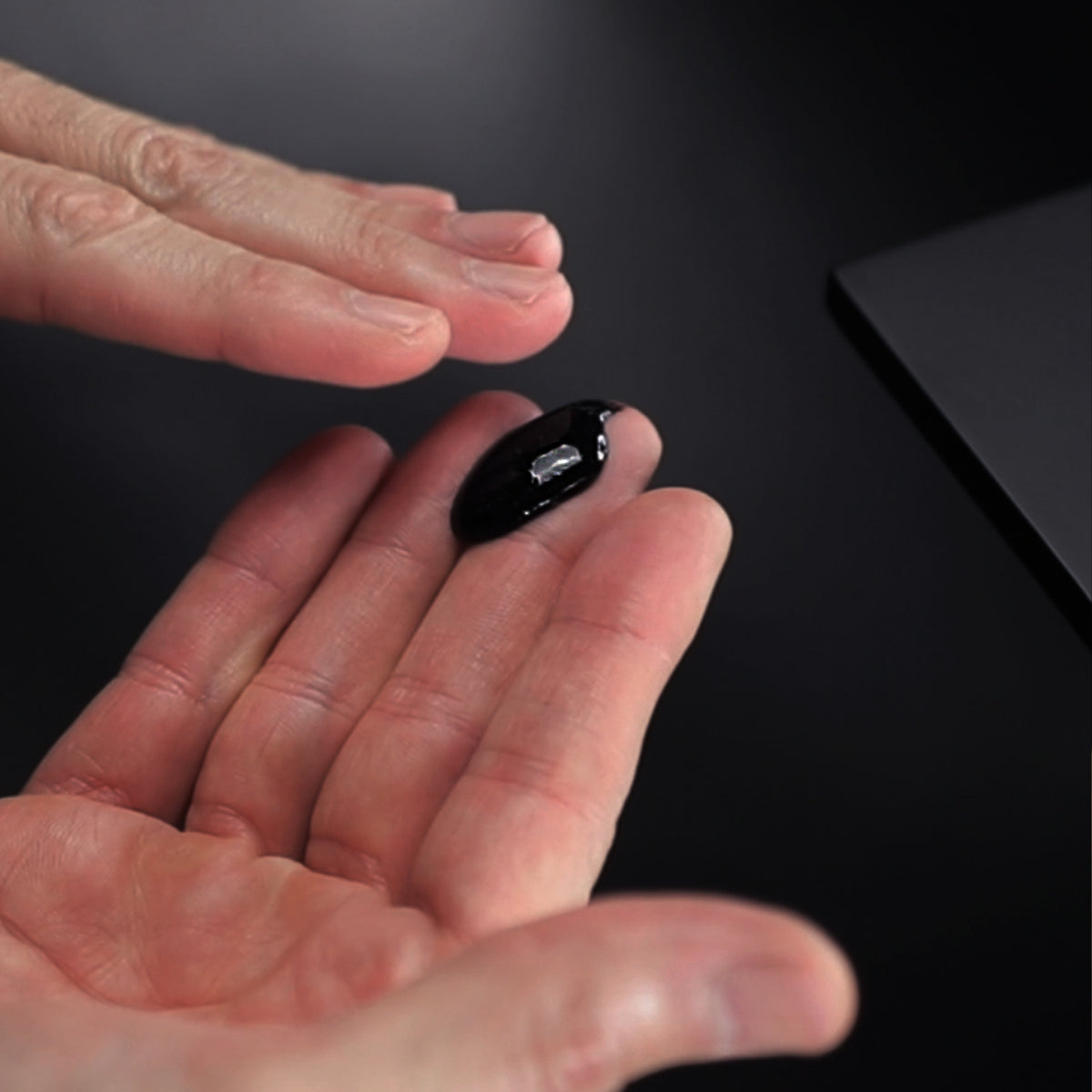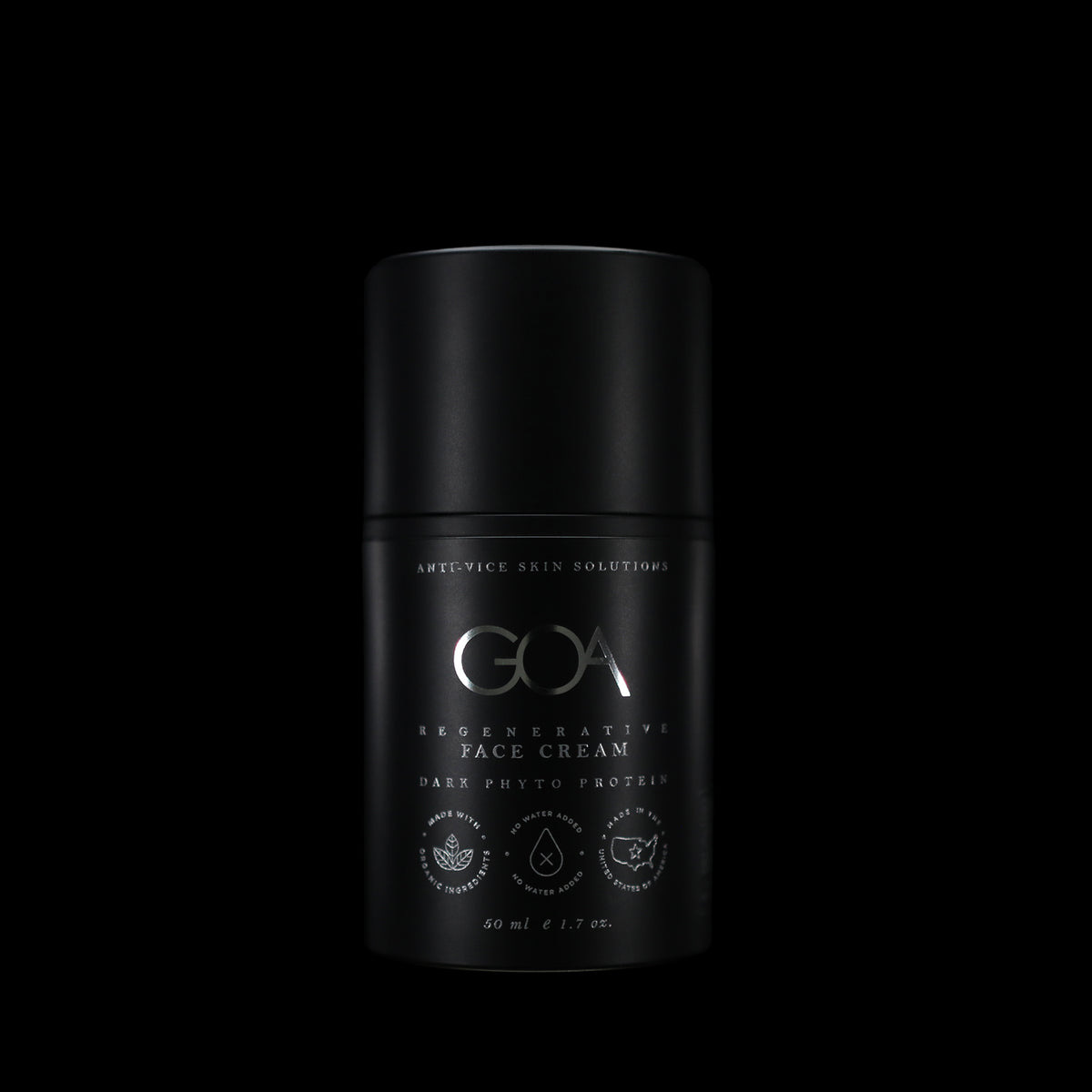I. A Guide to Choosing the Right Skincare Products
Oh, to have youthful, clear, healthy skin - the ultimate desire! The secret lies in understanding your skin type. By tailoring your skincare routine to your unique needs, you're on the path to achieving that sought-after resilient look and feel. This comprehensive guide will take you through the main skin types and share tips for determining your own, ultimately paving the way to a more personalized skincare regimen.
So, let’s not beat around the bush – how do you determine your skin type?
I. Testing for your skin type at home
Although seeking a dermatologist's guidance is crucial for getting the best professional advice [or if you want more of an in-person consultation], you can employ several methods to identify your skin type right in the comfort of your own home:
The Bare-Faced Test
Cleanse your face thoroughly, then wait a few hours without applying any products. Observe how your skin feels and looks. Tight, flaky skin indicates dryness, an oily sheen suggests oilier skin, while balanced or combination skin may show a mix of these traits. If your skin feels itchy, irritated, or develops redness, you might have sensitive skin.
The Blotting Sheet Test
Gently press a blotting sheet on different areas of your face. Examine the sheet for oil traces to determine if you have oily, dry, or combination skin. If your skin reacts negatively to the blotting sheet or feels irritated after the test, you may have sensitive skin. You can easily find blotting sheets on Amazon.
Observation and Self-assessment
Pay attention to how your skin behaves daily. Notice its texture, oil production, and reactions to various products.
What’s the future of self-assessment?
a. Skin Analysis Apps: Smartphone apps that use AI and machine learning algorithms to analyze your skin type, common concerns, and recommend suitable skincare products.
b. Digital Skin Analysis Devices: Portable devices that use bioelectrical impedance analysis (BIA) or other technologies to measure factors like skin moisture, oil levels, and elasticity.
c. Online Quizzes and Consultations: Comprehensive quizzes and virtual consultations with skincare experts are offered by some brands.
II. The Five Skin Types
A. Balanced Skin (Normal)
Characteristics: well-hydrated, even texture, minimal blemishes, healthy glow, and supple to the touch; neither oily nor dry, with few imperfections and small pores.
Suitable skincare products and routines: opt for gentle cleansers, light moisturizers, and regular exfoliation to maintain your skin's equilibrium. Don't forget daily sunscreen to shield against UV damage.
B. Dry Skin
Characteristics: tight, flaky, prone to fine lines and wrinkles, with red, rough, or scaly patches. Dry skin often feels uncomfortable, especially after cleansing.
Causes: genetics, climate, age, and harsh skincare products can contribute to dry skin.
Suitable skincare products and routines: seek rich moisturizers, hydrating serums, and gentle exfoliants to remove dead skin cells. Steer clear of harsh, stripping cleansers and alcohol-based products that may exacerbate dryness.
C. Oily Skin
Characteristics: shiny appearance, enlarged pores, prone to breakouts, and often feels greasy to the touch. Oily skin tends to be more acne-prone due to excess sebum production.
Causes: overactive sebaceous glands, genetics, hormonal fluctuations, diet, and environmental factors may contribute to oily skin.
Suitable skincare products and routines: employ oil-free cleansers, non-comedogenic products, and clay masks to absorb excess oil. Don't skip moisturizer, as dehydrated skin may produce more oil to compensate.
D. Combination Skin
Characteristics: a mix of oily and dry areas, typically with an oily T-zone (forehead, nose, and chin) and dry cheeks. Combination skin may require targeted treatments for different areas and have varying pore sizes.
Suitable skincare products and routines: choose gentle cleansers, lightweight moisturizers, and targeted treatments for oily and dry areas. Exfoliate regularly to maintain a harmonious balance.
E. Sensitive Skin
Characteristics: redness, itching, easily irritated, and often reacts adversely to various skincare products or environmental factors.
Causes: genetics, allergies, and environmental factors can contribute to sensitive skin.
Suitable skincare products and routines: opt for hypoallergenic and fragrance-free products, soothing ingredients like aloe vera and chamomile, and minimal exfoliation to avoid irritation.
V. Understanding Skincare Ingredients
Understanding skincare ingredients is crucial for determining your skin type because it empowers you to make informed decisions about the products you use, ensuring they're compatible with your unique skin needs and helping maintain optimal skin health.
A. Common ingredients for each skin type:
Balanced Skin: hyaluronic acid (hydrates and plumps), niacinamide (improves texture and tone)
Dry Skin: ceramides (replenish the skin's barrier), glycerin (attracts and retains moisture)
Oily Skin: salicylic acid (unclogs pores and treats acne), tea tree oil (antibacterial and anti-inflammatory)
Combination Skin: Lactic acid (mild exfoliation), green tea extract (soothes and balances)
Sensitive Skin: aloe vera (calms and hydrates), chamomile (reduces inflammation and redness)
B. Ingredients to Avoid for Specific Skin Types:
Balanced Skin (Normal): while balanced skin is less prone to irritation, it's still a good idea to avoid harsh chemicals, heavy oils, and overusing exfoliating products that could disrupt the skin's natural balance.
Dry Skin: steer clear of alcohol-based products, sulfates, harsh soaps, and excessive use of exfoliants that can further strip the skin of its natural oils and exacerbate dryness.
Oily Skin: avoid heavy oils, pore-clogging ingredients (like petrolatum and mineral oil), and excessively rich creams that may worsen oiliness and lead to breakouts. Be cautious of over-exfoliating, as it can prompt increased oil production.
Combination Skin: refrain from using products that are too heavy for oily areas or too drying for dry areas. Instead, choose targeted treatments and gentle formulations to maintain balance.
Sensitive Skin: sidestep harsh chemicals, fragrances, artificial dyes, alcohol-based products, and strong exfoliants that may trigger inflammation, redness, or irritation. Opt for hypoallergenic and fragrance-free products.
Remember that individual reactions may vary, so it's essential to monitor how your skin responds to different ingredients and adjust your skincare routine accordingly.
C. How to read skincare labels: familiarize yourself with active ingredients and their benefits. Look for the concentration of active ingredients and the order they're listed, as this can indicate their potency in the product. If it is not shown, you can always reach out to the brand for clarification. Some ingredients might be proprietary, so some concentrations may not be available.
V. Building a Personalized Skincare Routine
A. Importance of consistency: establishing and maintaining a consistent skincare routine will yield the best results.
B. Steps in a skincare routine:
Cleansing: remove dirt, makeup, and impurities.
Exfoliating: remove dead skin cells to reveal a brighter complexion.
Treating: target specific concerns, such as acne or hyperpigmentation, with serums or spot treatments.
Toning/Repair: balance and soothe the skin with toners or serums.
Moisturizing: hydrate and lock in moisture to maintain skin health.
Sun protection: shield your skin from harmful UV rays with daily sunscreen application.
C. Adapting the routine to your skin type: customize the products and frequency of steps, such as exfoliation, based on your skin's unique needs.
VI. Maintaining Skin Health
A. Importance of a healthy lifestyle: nutrition, hydration, exercise, and sleep play a vital role in maintaining skin health. A balanced diet rich in antioxidants, vitamins, and healthy fats can improve your complexion.
B. Regular check-ups with a dermatologist: schedule routine visits to monitor and address any severe skin issues or changes.
C. Adjusting your skincare routine as needed: adapt your routine to changes in your life, such as hormonal fluctuations, seasonal changes, or aging.
VII. Conclusion
Understanding your skin type is the foundation of a successful skincare journey. A tailored skincare routine can address your unique concerns and enhance your skin's natural beauty. Continue learning and practicing self-care to achieve your best skin. And for a personalized experience, consider taking a skin quiz like GOA's Skin Quiz.


















